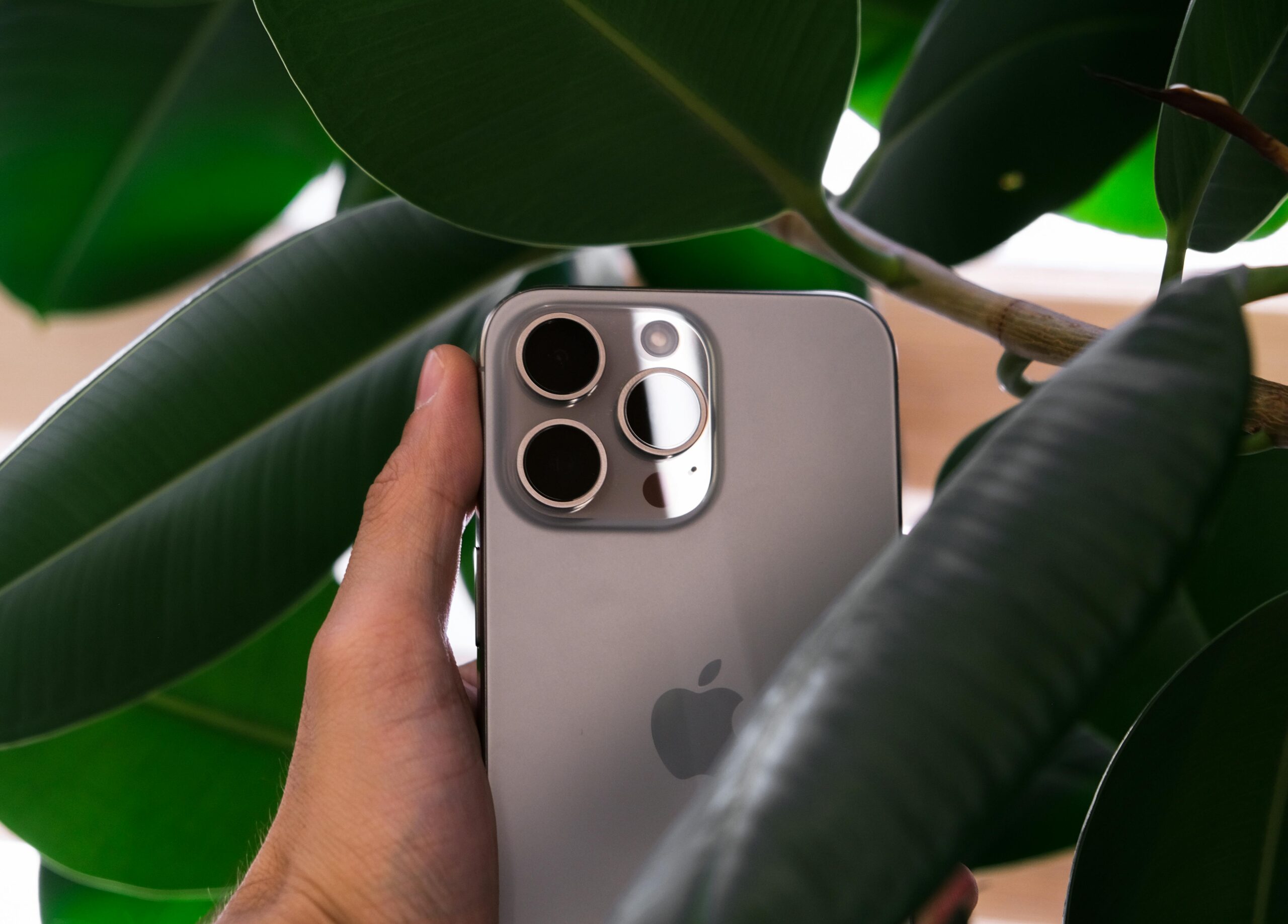In an unexpected twist of events, Indonesia has banned the sale and use of the Apple iPhone 16 locally. The expected launch of Apple’s latest flagship smartphone, now banned due to “certification issues,” was supposed to create one of the largest tech markets within Southeast Asia. This really marks a significant turn for the tech giant, raising several questions on regulatory compliance and the future of Apple devices in Indonesia. Here is all you need to know about the problem and the aftermath.
Why Did Indonesia Ban the iPhone 16 Series?
Government sources said the most recent Apple iPhone 16 models had still not passed statutory certification procedures in Indonesia, including but not limited to, tests with respect to environmental issues, radio frequency compliance, and regulations regarding telecommunications. Indonesia has implemented stringent controls with regards to ensuring that imported technology meets regional efficiency and safety standards. No device can be legally imported, sold, or used domestically prior to such prior certification.
Indonesia’s Communications and Information Technology Ministry said such inspections play a fundamental role in maintaining the quality and safety of electronic devices widely available to the public. While such a move challenges Apple, this delay shows how Indonesia enforces its compliance for any imported goods entering the market.
What This Means for Apple and iPhone Users in Indonesia
The embargo puts Apple in a very special predicament, cutting access to one of the largest customer bases in Southeast Asia. With other known brands of smartphones, like Samsung and Xiaomi, available within the country, Apple has a huge user base in Indonesia, where smartphone usage has jumped in recent years. Without certification, however, Apple has limited reach in Indonesia because Indonesian users will just not be able to buy, much less even import the iPhone 16 series for their own use.
Because of Apple, the ban is disappointing to the enthusiasts in Indonesia. Many customers were excitedly waiting for the release of the iPhone 16 due to its new features and improvements. With this move, they are likely to seek options such as buying gadgets overseas, running the risk of breaking local laws that may make the gadget useless in Indonesia due to lack of network access and support.
Implications for the Tech Industry in Indonesia
The well-set IT regulatory environment in Indonesia often presents certification issues for foreign enterprises. This has indeed brought them to a point where compliance can really become an important factor for foreign tech firms wishing to enter the Indonesian market. The commitment of the government to strict standards reminds one that local laws remain key to accessing this market as Indonesia’s tech sector grows.
The ban of the iPhone 16 has been a fair warning to the rest of the technology companies. With Indonesia focusing on user privacy, environmental impact, and safety of their products, most of them have found it hard to reach local regulations. In keeping these strict guidelines, Indonesia proves that it is committed to protection of its customers’ interests by allowing only those gadgets to enter the market that meet its set requirements.
What’s Next for Apple in Indonesia?
It would be expected that Apple will not take more time to sort out the issue of certification and get the iPhone 16 series back to Indonesian consumers. In fact, since Apple has always made compliance the highest priority in many international markets, the company is likely to cooperate with Indonesian authorities and work out a solution for the problem. This may require additional testing and approvals or hardware and software changes to ensure the devices meet Indonesian standards.
Industry experts believe that Apple might speed up the process of certification to bring the iPhone 16 out as early as next month. This, however, will depend on several factors, such as how quickly the different regulatory agencies respond and Apple’s ability to comply with the set standards.
How Could the Ban Impact Apple iPhone 16 Market Share in Indonesia?
Even though the ban is a setback, if the certification issues are sorted out without much delay, it may not dent Apple’s overall market share in Indonesia. The brand loyalty for Apple is very strong, and customers tend to remain loyal to its products. Delays, however, can push potential customers toward other flagship smartphones from competitors such as Xiaomi, Samsung, and Oppo that are certified and easily available on the market.
Besides that, the ban is a strong signal of the need to adapt immediately to local regulatory standards in doing business in Indonesia. Since the prohibition may take some time, Apple could lose some part of the valuable user base to rivals who can service locally and guarantee immediate availability.
Conclusion: The Path Forward for Apple and Indonesian Consumers
Although Indonesia’s ban of the iPhone 16 series was not planned, it underlined the potential importance of certification when trying to enter new markets. Since Apple’s appeal process may form precedence for other digital companies facing similar challenges in Indonesia, their quest to reintroduce the flagship smartphone will be followed closely by many.
It again goes to show how laws impede the accessibility of technology for Indonesian consumers. The sentence definitely underlines that compliance is important for international businesses desiring to attain the high degree of stringency put forth by Indonesia’s regulatory framework in waiting for the return of the iPhone 16 series.
This having occurred should continue to spur Apple into further streamlining its regulatory procedures for ease of market entry and confirm its commitment to the provision of quality products that are legally compliant everywhere. Apart from the impact on iPhone consumers, the outcome of this ban may have a say in how Apple will approach its strategy in emerging regions.
The Future of 6G and Connectivity: Global Communication
